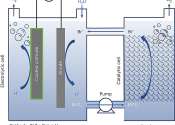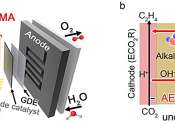Benefits of heat pumps detailed in new report
Millions of U.S. households would benefit from heat pumps, but the cost of installing the technology needs to come down to make their use a more attractive proposition, according to researchers at the U.S. Department of Energy's ...
Feb 13, 2024
0
121









